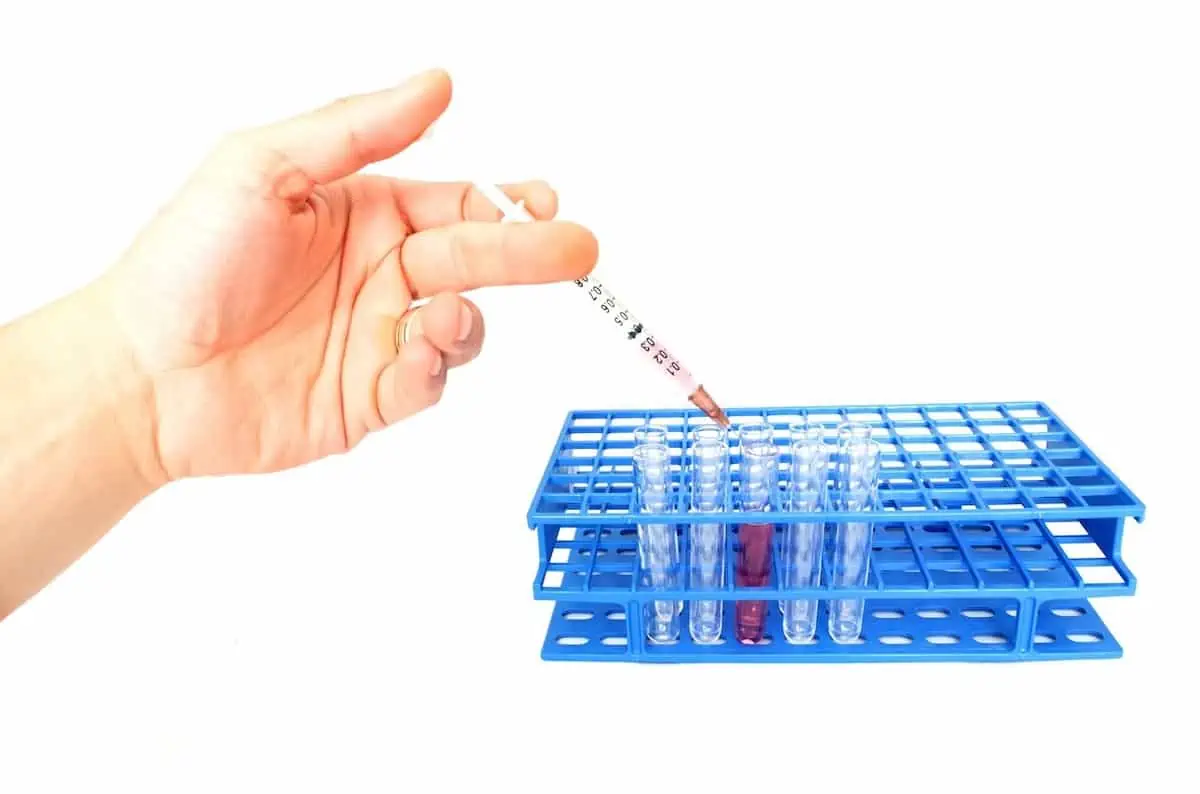When discussing reducing the risks of workplace accidents, drug testing has become a standard practice for many organizations. Pre-employment drug tests help employers screen out potential employees who may be using drugs or alcohol, minimize the potential for workplace accidents, and ensure a safe and healthy work environment.
In this blog, we’ll discuss why companies drug test for employment, the legality, associated costs, and the benefits of properly screening the workforce.
What is a pre-employment drug test?
A pre employment drug test is an assessment that is used to determine whether an individual has recently used drugs or alcohol. The test looks for the presence of drugs or alcohol in the body, typically using a sample of blood, urine, or saliva.
The test is generally conducted as part of the pre-employment process, either before a job offer is made or after the job offer is accepted. Depending on the employer, the drug test may be required for all applicants or only for certain positions.
Why do organizations conduct pre-employment drug tests?
Organizations conduct pre-employment drug tests to protect the health and safety of their employees. Drug testing helps to identify potential hires who may be using drugs or alcohol, which could lead to an increased risk of workplace accidents or injuries.
It also helps to protect the employer’s reputation by ensuring that all employees are drug-free. In addition, pre-employment drug tests can help employers identify applicants who are likely to be productive and successful in their jobs.
Types of pre-employment drug tests
There are several types of pre-employment drug tests available. The most common are urine drug tests, which are the most accurate and reliable. Urine drug tests find out the presence of drugs or alcohol in the body and can detect usage up to three days before the test.
Blood tests are also available but are generally less accurate than urine tests. They can detect usage up to seven days before the test. Saliva tests are the least accurate but can detect usage up to 24 hours before the test.
U.S. Laws and regulations regarding pre-employment drug tests
In the United States, there are no federal laws that prohibit employers from conducting pre-employment drug tests. However, some state laws restrict certain types of drug testing, such as testing for marijuana. In addition, employers must comply with the Americans with Disabilities Act, which prohibits employers from discriminating against applicants or employees based on a disability.
The benefits of conducting pre-employment drug tests
There are several benefits to conducting pre-employment drug tests. First, drug testing helps employers identify potential hires who may be using drugs or alcohol and, therefore, pose a risk to the organization. It also helps employers protect their reputation by ensuring that all employees are drug-free.
Finally, pre-employment drug tests can help employers identify applicants who are likely to be productive and successful in their jobs.
How to implement a pre-employment drug testing program
Implementing a successful program requires careful planning and consideration. First, employers should develop a policy that outlines their drug testing procedures, including the types of tests they will conduct and the consequences of a positive test result.
Employers should also ensure that they are compliant with all applicable laws and regulations. Finally, employers should train their employees on the policies and procedures of the drug testing program.
Costs associated with testing
The cost of testing can vary depending on the type of test being conducted and the number of applicants being tested. Generally, urine drug tests are the most cost-effective, while blood and saliva tests are more expensive. However, the benefits of a drug-free workplace often offset the cost of pre-employment drug tests.
Conclusion
Conducting pre-employment drug tests is an effective way for employers to reduce the risk of workplace accidents, protect their reputation, and identify productive and successful employees. However, employers should be aware of the potential pitfalls of pre-employment drug testing and the costs associated with such tests.
With careful planning and consideration, employers can ensure that their pre-employment drug testing program complies with all applicable laws and regulations and that all applicants are treated fairly and consistently.
By implementing such a program, employers can minimize risk and create a safe and healthy workplace for all employees. So, if you’re considering implementing a pre-employment drug testing program, evaluate the information in this article and make sure to take all the necessary steps to ensure that your program is successful.

